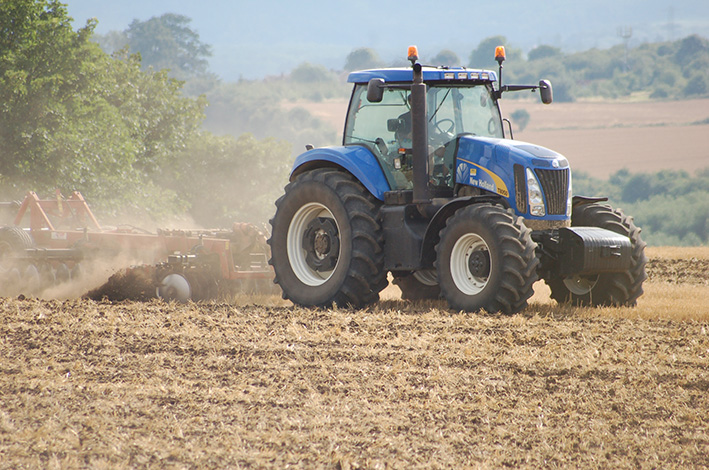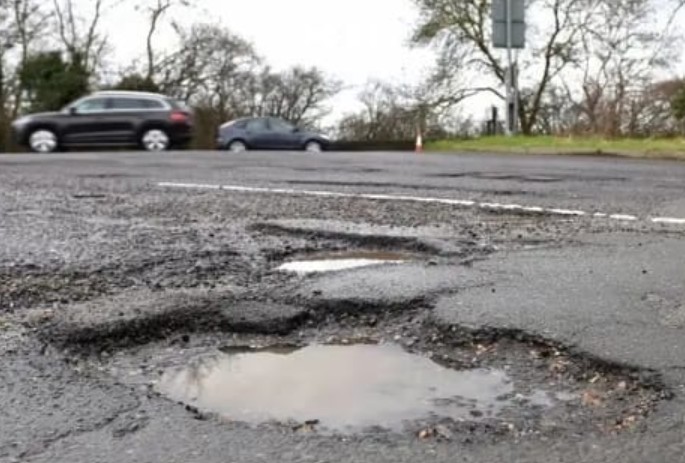Rural crime cost Lincolnshire a staggering £2.5million in 2016, up 5 per cent from £2.4million in 2015.
The figures form part of NFU Mutual’s annual Rural Crime Report, published today, revealing that despite Britain seeing a 4 per cent drop last year, the cost of rural theft has risen sharply in the first half of 2017.
According to NFU Mutual’s 2017 Rural Crime Report, early theft claims statistics for the first half of this year show a sharp rise of more than 20 per cent nationally, raising concerns that a new wave of rural crime is hitting the countryside.
The items most commonly targeted by thieves across Lincolnshire over the past 12 months were ATV (all terrain vehicles) and quad bikes, tools and 4x4s.
Areas closest to the east coast seem to be particularly vulnerable. One reason Lincolnshire is losing so much money is that organised criminal gangs can target larger vehicles, such as tractors, and ship them to the continent for sale.
Sue Green, NFU Mutual Senior Agent in Lincolnshire, said: “Although the figures for rural crime in Lincolnshire are down, countryside criminals continue to become more brazen and farmers are now having to continually increase security and adopt new ways of protecting their equipment.
“In some parts of the county, farmers are having to turn their farmyards into fortresses to protect themselves from repeated thieves who are targeting quads, tractors and power tools. They are using tracking devices on tractors, video and infra-red surveillance in their farmyards and even DNA markers to protect sheep from rustlers.”
The report reveals that being ‘staked out’ is the biggest worry for country people, followed closely by longer police response times in rural areas, according to the leading rural insurer. Criminals continue to target Land Rover Defenders, quad bikes, tractors, tools and livestock despite increased security on farms.
Sue Green added: “The threat of becoming a victim of rural crime, and regular reports of suspicious characters watching farms is causing high levels of anxiety amongst farmers who know their rural location makes them vulnerable to attacks.
“Our advice to people living and working in the countryside is to regularly evaluate your current security measures making improvements where necessary, remain vigilant and report any suspicious activity to the local police.”
For more information and advice on how to beat rural crime where you live you can download the report at www.nfumutual.co.uk/ruralcrime







